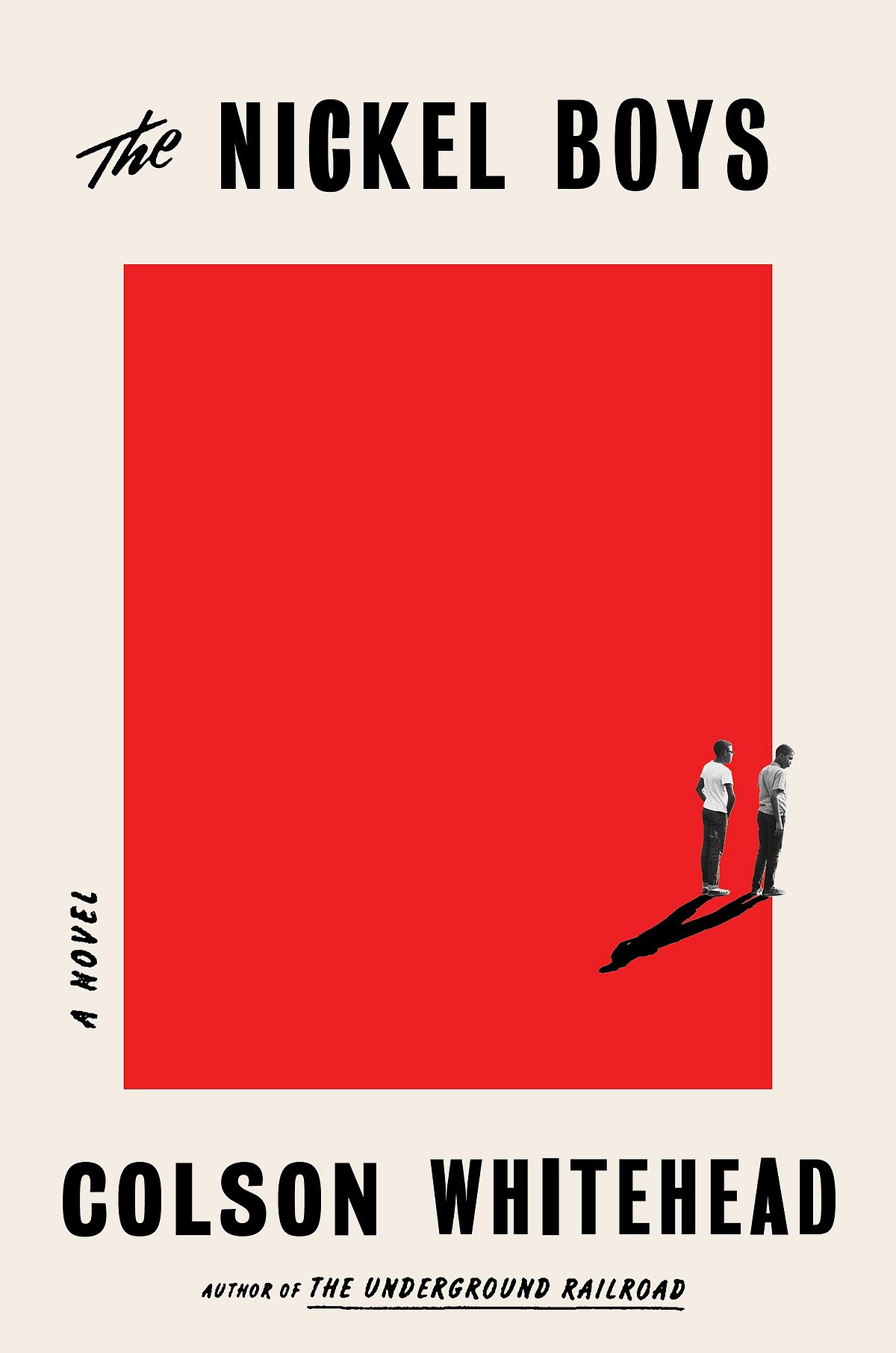Brotherhood of Broken Boys

They’re still discovering graves on the grounds of the Dozier School for Boys in Marianna, Florida. This was one of the largest reform schools for young offenders in the United States, eventually closing in 2011. In all these years, the school staff was rumoured to be abusing, torturing and even killing students. In early 2010, an investigation confirmed the reports and some years later, 55 burials were identified on the grounds. Earlier this year, more suspected graves turned up. Researchers believe scores remain to be found.
This grim scenario is the inspiration for Colson Whitehead’s new novel, The Nickel Boys. His earlier The Underground Railroad was a stirring saga of alternate history set in the 19th century that told of the exploits of slaves in Georgia plantations making a dash for freedom through subterranean transport routes. In The Nickel Boys, the circumstances are only too real.
It is set in the segregationist 1960s and is primarily the tale of Elwood, a bright young black boy from Tallahassee. With savage irony, Whitehead writes: ‘To see him from across the street—the serious young lad heaving his freight of the world’s knowledge—was to witness a scene that might have been illustrated by Norman Rockwell, if Elwood had had white skin.’ Elwood is sent to the Nickel Academy after a misunderstanding during which he isn’t given the benefit of the doubt. This upright boy, who seeks a moral compass in the speeches of Martin Luther King Jr, discovers that life in the school is worse than anything Dickens could have dreamt of.
Imran Khan: Pakistan’s Prisoner
27 Feb 2026 - Vol 04 | Issue 60
The descent and despair of Imran Khan
Here, students are routinely abused, beaten and brutalised by a sadistic staff. Laconically, Whitehead writes: ‘Boys arrived banged up in different ways before they got to Nickel and picked up more dents and damage during their term.’ Elwood and his ‘brotherhood of broken boys’ have no choice but to put up with such treatment because even a hint of defiance is viciously stamped out. It’s clear that the humiliations within the school correspond, in a highly concentrated form, to the way that blacks elsewhere in the country are treated. ‘The boys could have been many things,’ Whitehead writes, ‘had they not been ruined by that place.’ Mini-stories of other students that appear in the novel drive home this point, and one also can’t help but think of the many generations whose potential has been similarly crushed.
Elwood spends a lot of his time grappling with the dictums of the inspiring Dr King: “We will meet your physical force with soul force. Do to us what you will and we will still love you.”Musing on whether that is possible, he somehow manages not to lose his sense of innate decency. Soon, he falls in with Turner, a more worldly-wise and sceptical lad, and the two are bound together by a simple twist of fate that has lasting consequences.
The impact of The Nickel Boys is out of proportion to its relatively slim size. Whitehead does not fall into the common trap of dwelling on the atrocities. There is little graphic detail and the tone is never over-dramatised. The terseness of his prose masks the horror; it’s something we sense, with shielded eyes, within words that are suppressed.
‘There were hundreds, hundreds of Nickels…scattered across the land like pain factories,’ we read at one point. It’s tempting to see The Nickel Boys as bearing witness to a specific case of American brutality, but it’s more than that. Such systematic oppression has happened, and is still happening, all over the world. Even more important, then, to keep in mind Whitehead’s words when accepting the National Book Award for The Underground Railroad: “Be kind to everybody, make art, and fight the power.”

